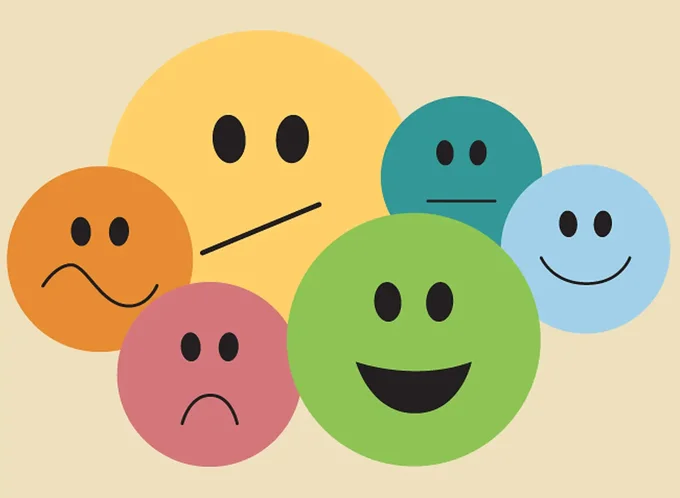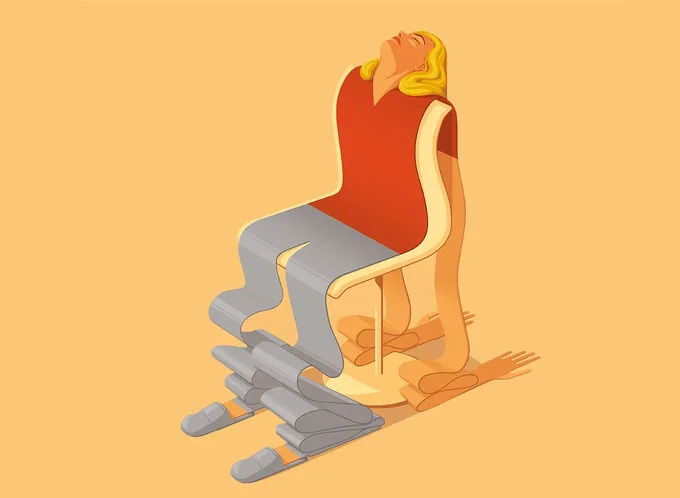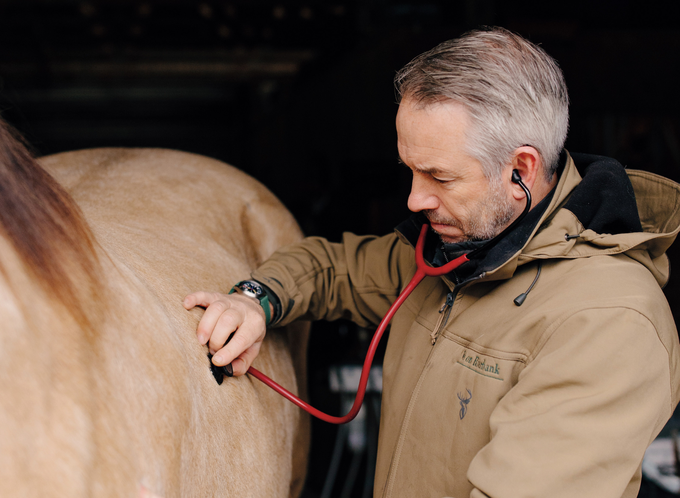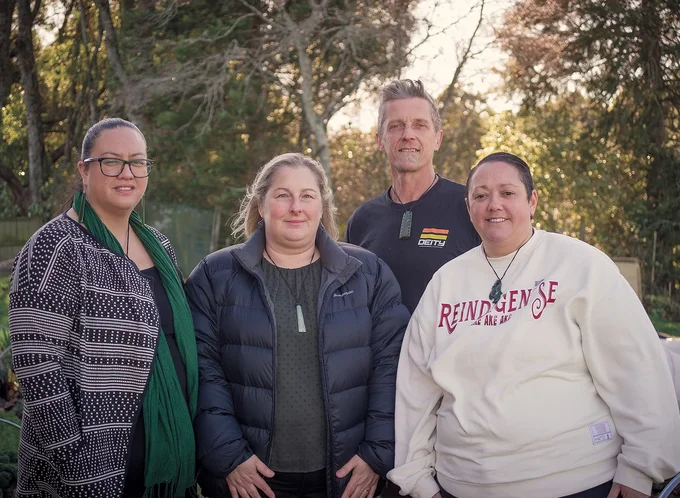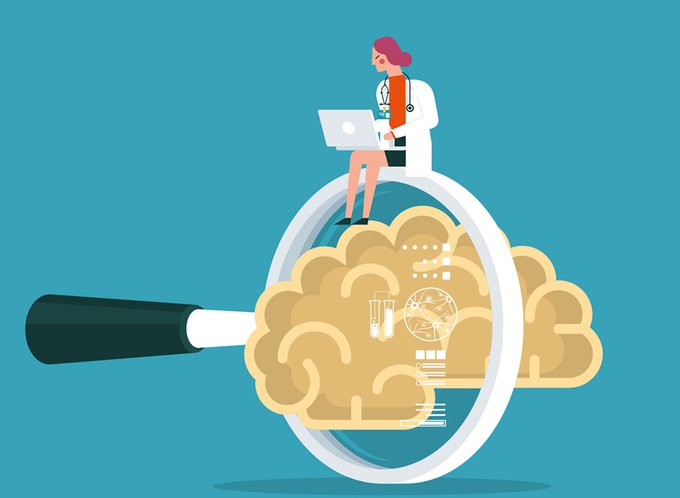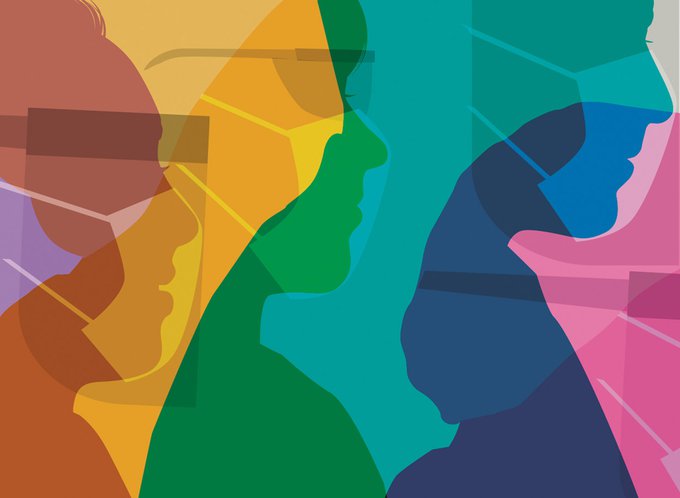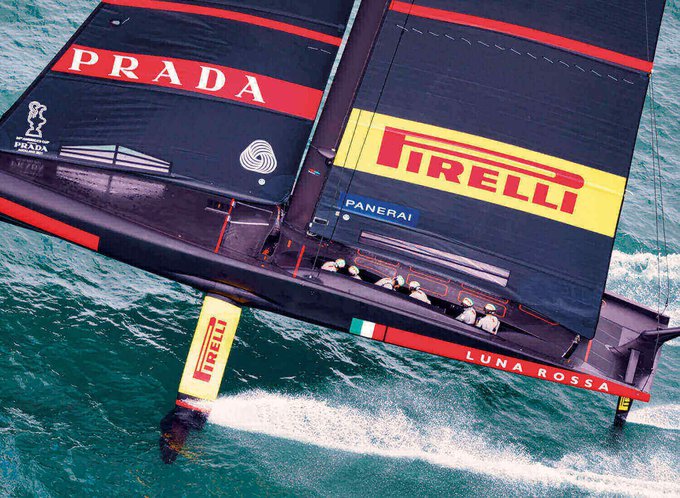Whether you moonlight as a musician, painter, potter, knitter, singer or anything in between – creativity can enrich our lives and provide some balance to a busy professional career. Here, we ask 3 MAS Members what creativity means to them and look at how having a creative outlet can boost overall wellbeing.
As humans, we’ve been making art for 40,000 years. We’ve long been drawn to patterns, images and sounds, and modern-day studies into art and music therapy are still uncovering the myriad of ways that creative pursuits can shape our brain, body and behaviour. In other words, getting creative is good for us, and there’s a tonne of research to prove it.
Scientists from Johns Hopkins University described music as a “total brain workout” with links to anti-ageing effects and reduction in blood pressure and anxiety. A 2017 study from The Arts in Psychotherapy journal found painting and drawing boosts blood flow to the prefrontal cortex and stimulates the reward centre of the brain, while another study published in Applied Cognitive Psychology found that doodling while listening can improve our recall by up to 29%.
Dabbling in an art project or getting crafty with the sewing machine could also have positive offshoots in the workplace. “Creative activities make us better problem solvers across all areas of life,” says Queenstown-based workplace wellness expert Sarah McGuinness. “This seems to be especially true if your creative hobby is something very tactile like crafts. I think creative pursuits give us more energy and inspiration in life, and that feeling of having ‘more in the tank’”.
"Creative activities make us better problem solvers across all areas of life. This seems to be especially true if your creative hobby is something very tactile like crafts. I think creative pursuits give us more energy and inspiration in life, and that feeling of having 'more in the tank'"
Sarah McGuinness
And for those who find that 1 hour can feel like 5 minutes when they’re engrossed in their favourite pastime, it’s all down to the burst of positive hormones released in the brain when we’re focused on something we love. “That’s what we mean by the term ‘being in the flow’,” Sarah says. “It’s linked to a release of dopamine, and that has a whole range of positive effects like giving us motivation and a sense of achievement".
“Sometimes it can be hard to reach that blissful ‘flow state’, but doing activities that get us away from technology and digital devices can help. Whatever the hobby might be, creativity is foundational for our wellbeing. It boosts the soul and gives us some healthy rest time”.
Here, MAS Members share their thoughts on creativity and show us their workspaces where the magic happens.
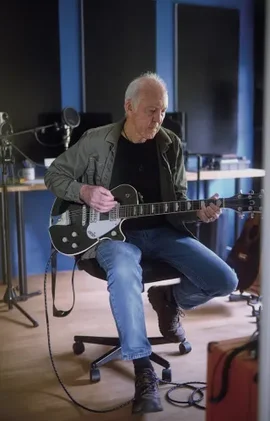
Mac McKay
Vocalist, guitarist and songwriter/veterinarian
“I don’t want to define myself as a vet. It’s part of what I do but it’s not all that I am. I always think it’s nice to have interests and lots of different aspects that make up who you are as a person, and music is a pretty important part of it for me".
“I’m in a band called Six White Cadillacs, which we named after an Emmylou Harris song. People often ask me what music genre the band is, but I always tell them to have a listen and form their own opinion. I’m not a fan of labels!".
“I find that, when I write a lyric, a melody comes to mind pretty quickly and I generally don’t have any problems writing a couple of verses. You hear about ‘songs that write themselves’, and I think they do to an extent, but they don’t often write their whole selves. The real craft is writing longer songs that tell a bit more of a story".
“I learned piano and guitar when I was a young kid and never left it behind. I don’t even think about why it’s there, music is just part of my life. It’s a bit like walking or owning a dog – it’s a choice on one level, but it’s also something that you just wouldn’t be without”.
Photo: Ollie Crawford
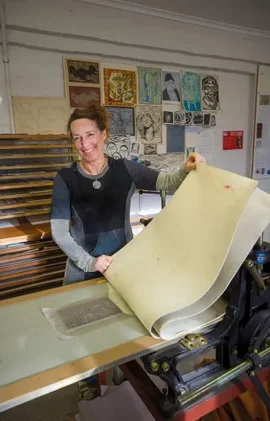
Caroline Peacocke
Painter, printmaker and art tutor / consultant / architectural practice manager
“Creativity and inspiration from nature were in my DNA from a young age, and I entered art competitions as soon as I could draw".
“Painting and printmaking practices continue to enable my creative outlets as an adult, often reflecting my emotions, my values, my beliefs and ultimately – what’s important to me deep inside. The tone and subject matter of my work is darker when I’m journeying through difficulty and lighter when my emotional state is lighter and my resilience is stronger. My art becomes a visual expression of my innermost self. To me, art can also be a bit like having a massage or chilling to music. It’s some space for yourself".
“My creative outlets often reflect my emotions, my values, and what’s important to me deep inside”.
Caroline Peacocke
“We have so many special New Zealand artists. I really admire Stanley Palmer, Ralph Hotere and Elizabeth Thompson. For my own work, my inspirations are derelict buildings, Waikato landscapes, nature and rolling hills. I love incorporating found objects too, as I’ve long been a fan of recycling, repurposing and reinventing. I prefer works sized to allow me expression of my whole arm and body rather than the tiny detail others are so adept at. I thrive on challenges and ones that put me outside my comfort zone. I’ve gifted myself a long-held dream to be creative under the Tuscan sun. And later this year I’m actually going to do it! It’s both exciting and terrifying all at once”.
Photo: Trefor Ward
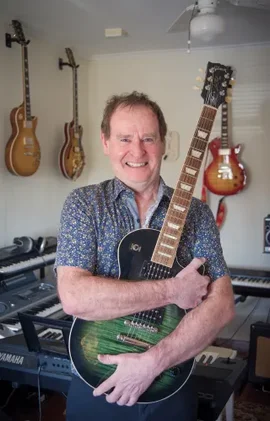
Angus Campbell
Guitarist, keyboard player and songwriter/dentist
“I collect guitars. It’s an expensive hobby – that’s why I have to keep working! I had an electric guitar back when I was studying, and I would play it at night so nobody would hear me. I’ve always liked the creative side of music much more than the performing side. I think it’s that ‘art for art’s sake’ idea; I see music as purely for me, it’s not about impressing anyone. But having said that, it’s always nice when friends or family like what you do".
“Music for me is about stress release. If I’ve had a stressful day at work, my wife will say, ‘Go play your keyboard!’ I find music somehow opens your mind up to possibilities, and you get so engrossed in it. I’ll play for what feels like 10 minutes, but it’s actually been an hour and a half".
“When your career is strictly bound by laws, regulatory requirements, expectations from clients or patients, and financial time-bound pressure, to get on a keyboard or guitar and create music feels like unlimited freedom".
Angus Campbell
“When your career is strictly bound by laws, regulatory requirements, expectations from clients or patients, and financial time-bound pressure, to get on a keyboard or guitar and create music feels like unlimited freedom. It’s like a different thought process, which I think is really good for mental health.
“Over the years, I’ve come to enjoy analysing music, and I love songwriting. You have to find your own way to it, but often the songs find you too.”
Photo: Trefor Ward
Read this next
-
August 2024
Strong enough to care
-
August 2024
The healing strength of whānau
Professional life
See all-
March 2021
Made for today a century ago
-
March 2021
The great brain gain
-
March 2021
A hectic, horrific working holiday
-
March 2021
Smooth sailing for Southern Spars
